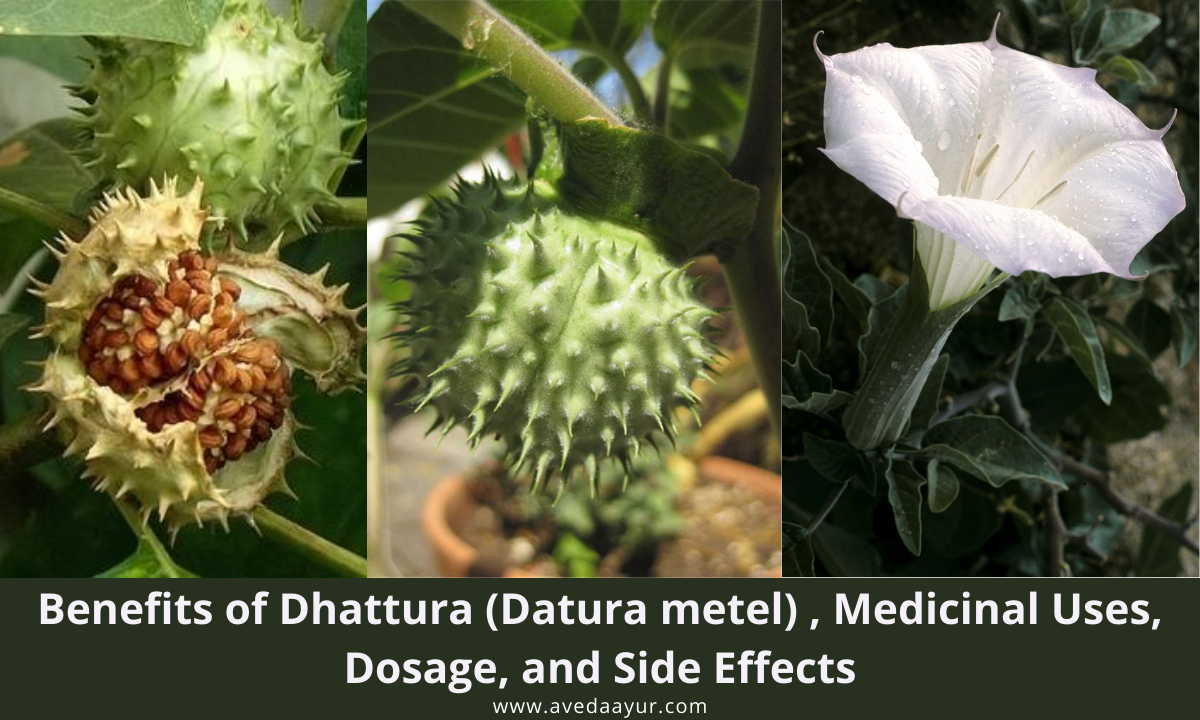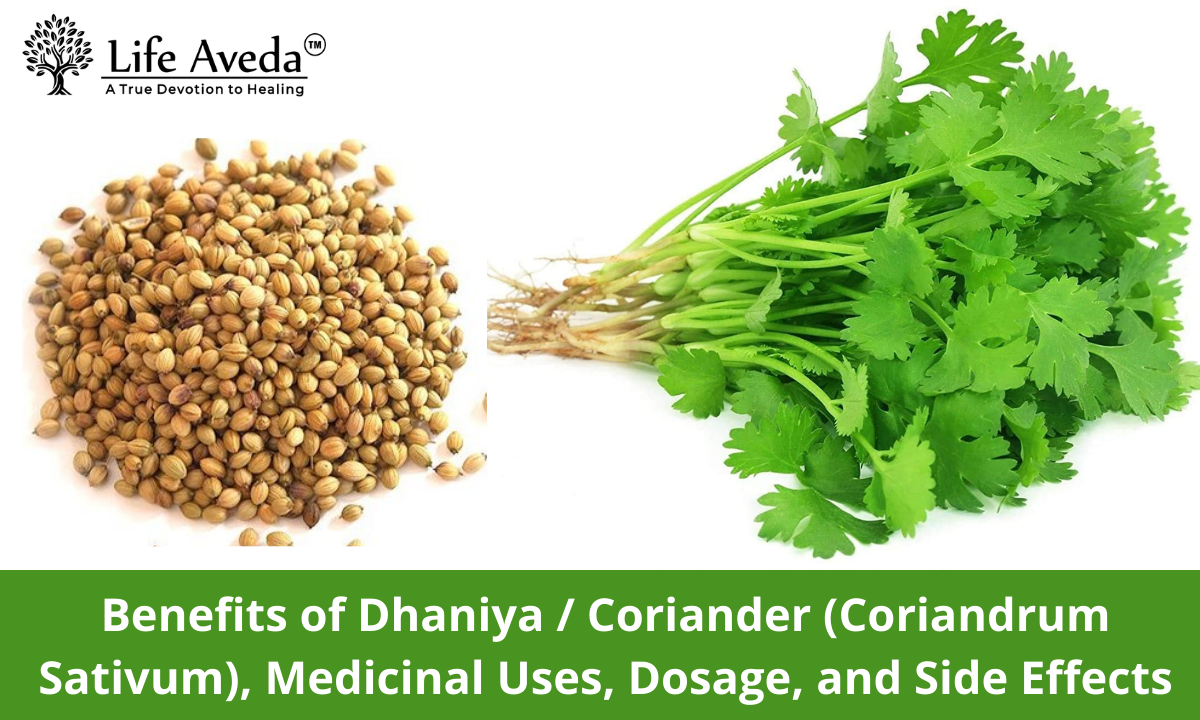Ashwagandha (Withania Somnifera) health benefits, Medicinal Uses, Dosage, and Side effects
Ashwagandha is a powerful gift by nature to humans as an Ayurvedic herb with various medicinal values. It is made from two Sanskrit words- Ashwa and gandha in which ashwa is horse and gandha is smell (because roots have smelled like the urine of horse).
Ashwagandha is Ayurvedic medicine that provides the strength of a stallion and is prescribed to those patients who have weaker immunity. Since ancient times, it has been used in Ayurveda for many diseases like weakness, impotency, anemia, stress, anxiety, infertility, fibromyalgia, high cholesterol, arthritis (both RA and OA), and many others. In Ayurveda, it is also used as a Rasayana because of the rejuvenating property.
- Latin name – Withania somnifera
- Family – Solanaceae
Ashwagandha Names in different languages:
- English name – Poison gooseberry, Indian ginseng, Indian winter cherry
- Hindi name – Asgandh, Ashwagandha
- Sanskrit name – Palashaparni, Ashwagandha
- Bengali name – Asvagandha
- Gujarati name – Godha aakun, Aasandha
- Malayalam name – Amukkura
- Telugu name – Dommadolu gadda, Penneru gadda
- Kannada name – Ashvagandhi
- Marathi name – Doragunj, Asandh
- Tamil name – Askulang, Amukura
Names in the Sanskrit language:
- Balya – This herb improves strength
- Gatrakari – Gatra means body and Kari means improves- it improves body mass and strength
- Varahakarni – Varaha means pig and Karna means pis- its leaves resemble the ear of pigs
- Turagi, Vajikari – Vaji means horse and it improves sexual performance like a horse
- Other synonyms are – Turagnagandha, Ashwagandha, Hayagandha, Vajigandha, Pivari, Kushtagandhi
Categorization according to classical books:
Acharya Charak
- Brimhaneeya – Herbs that improves body mass and provides nourishment
- Balya – Herbs that improves immunity and strength

Meaning of this shloka:
This shloka means that synonyms of ashwagandha are ashwagandha, hayahvaya, varahkarni, varda, balda, kushtagandhini, and baaji. It is of katu (pungent) and tikta (bitter) taste, hot in potency, provides strength, increases semen quantity, rejuvenating, pacifies Vata and Kapha dosha, treats skin diseases, inflammatory conditions, and muscle wasting.
(Reference- Bhavaprakash Nighantu- page no. 379 and shloka no. 189-190)
Morphological characteristics:
Ashwagandha is a woody shrub that grows up to the height of 35 to 75 cm. From a central stem, its branches are radically extended. Its leaves are 10 to 12 cm in length and are dull green. The flowers are small and are round. Flowers are of greenish yellowish color and are found in clusters 4 to 6 in diameter. Fruits are berries of red color enclosed in a green calyx. Roots are long tuberous, aromatic, stout, flesh with whitish green color.
It is native to various countries like Yemen, China, Nepal, and various parts of India from northern tropics to southern India. It is cultivated on a large scale because it is used as a natural supplement.
Varieties of Ashwagandha:
There are mainly two varieties found in trade- Withania somnifera and Withania coagulans.
Withania somnifera is denoted as Pennerugadda and the other one is named Dommadolugadda in Telgu
In Dhanvantari Nighantu, another variety is also described along with Ashwagandha with synonyms like Bali, Rukmini, Sthoulyadhyava, Medasvi, Mamsi, etc. It is considered as the big variety of ashwagandha by Dhanvantari Nighantu.
Ashwagandha Ayurvedic properties:
- Rasa (Taste)- Katu (Pungent), Tikta (Bitter) and Kashaya (Astringent)
- Guna (Quality)- Snigdha (Unctuous) and Laghu (Light)
- Veerya (Potency)- Ushna (Hot)
- Vipaka (Undergoes taste conversion after diversion)- Katu (Pungent)
- Karma (Effect on tridosha)- Balances tridosha but mainly Vata and Kapha dosha
Ashwagandha chemical constituents:
Withasomniferin, Withanone, Somnirol, Withaferin A, Withanolide A to Y, Nicotine, Tropine, Somniferin, Sominolide, Preudotropine, Sominone, Withaferin A, Withanolide WS-1, Sitoindosides VII-X, etc.
What are the benefits of Ashwagandha?
- Anilam hanti – treats neuro-muscular and neurological disorders like paralysis
- Shwasahara – Treats asthma and other chronic respiratory diseases
- Rasayani – Acts as anti-aging and improves life expectancy
- Kanduhara – Treats pruritis and relieves itching
- Ksharahara – Used in healing
- Vrushya – Acts as a natural aphrodisiac
- Pushtiprada – Provides nourishment to the body
- Vishahara – Useful in detoxification
- Vaajikari – Treats premature and improves sexual performance
- Shophahara – Treats inflammation
- Kshayahara – Used to treat muscle wasting
- Kassam hanti – Used to treat cough and cold
- Shivtrahara – Used to treat leukoderma by external application
- Ati Shukarla – Improves semen quality and quantity
- Krumihara – Used in intestinal worm infestation
- Balya, Balaprada – Improves immunity and strength
- Vranaan hanti – Heals non-healing wounds quickly
These are the benefits of Ashwagandha that will help in treating diseases.
Ashwagandha Therapeutic uses:
Immuno-modulator: Ashwagandha possesses anti-oxidant properties which boost the immune system and prevents the body from infections, allergies, etc. This herb improves stamina in the body.
Nerve tonic: Ashwagandha pacifies nervous system-related diseases like stress, anxiety, depression, etc. It also manages insomnia and sleeping disorders by providing a cooling effect to the brain.
Arthritis: Being an anti-inflammatory, ashwagandha provides relief in pain as well as inflammation in arthritis. This also promotes and maintains healthy joints.
Cardiovascular disease: Ashwagandha supports heart health and provides strength to heart muscles and maintains the proper blood flow. This herb helps to maintain good cholesterol levels in the body.
Does Ashwagandha have side effects?
Yes, this herb has minor side effects like increased hotness, gastritis, constipation in some people when we take it with water. But we use it with milk or ghee, these side effects are nullified.
It also works as an adaptogenic which maintains thyroid levels and anti-cancerous herb which enhances the growth of healthy cells.
What is the best way to take Ashwagandha?
The best way to take Ashwagandha is with milk, honey, yogurt, or ghee and it should be taken after meals.
Does Ashwagandha help in hair growth?
Yes, Ashwagandha helps in hair growth by stimulating the production of a hormone (DHEA) which works as an antioxidant. It prevents the damage caused by free radicals and promotes hair growth.
What are the side effects of Ashwagandha roots?
Longer use of Ashwagandha roots can cause diarrhea, stomach upset, liver issues, and vomiting.
Ashwagandha Part used:
Leaves and roots
Ashwagandha Dosage:
Powder- 3 to 6 grams
Conclusion:
From the above article, it is concluded that ashwagandha has many medicinal values but it should be taken properly so that it does not cause any issues like vomiting, diarrhea, etc.
Note: Our purpose is to serve useful information related to ashwagandha ’s benefits, dosage, and other properties. It is advised to the patients not to consume ashwagandha on the basis of this information. Before taking ashwagandha as a medicine it is better to have an expert opinion because dosage and treatment vary from patient to patient depending on their symptoms and medical history.
Doctor Consultation Online: Get Personalized Consultation
At Life Aveda, we provide personalized diet consultation. In this, a doctor discusses the medical history of patients, does the root analysis on causes. After the deep analysis doctor suggest the necessary medication to the patient. To book a Consultation call on us at +91 7743002520 or click on the button to schedule an appointment with our expert doctors.
We Care For Your Health
- 100% PRIVACY PROTECTION
- VERIFIED DOCTORS
- QUICK RESPONSE







